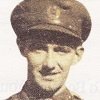WEB LINKS:
Award : https://www.specialforcesroh.com/index.php?threads/thomas-brian-ewart-tommy.27685/
Thomas, Brian Ewart (Oral history)
British private served with 70th Bn Essex Regt in GB, 1940-1942; officer served with 947th Inland Waterway Transport Coy, Royal Engineers in GB and Italy, 1942-1945 including attachment to No 1 Demolition Sqdn, Popski's Private Army (PPA) in Italy, 3/1945-5/1945; served with 945th Inland Water...
OBITUARY:
Brian Thomas helped to land No 1 Demolition Squadron, better known as “Popski’s Private Army”, in Venice where it took over St Mark’s Square in the crucial final stages of the Second World War in Italy.
Popski’s Private Army was the unit of the Russian émigré Major Vladimir Peniakov (“Popski)”, a romantic figure who helped to secure the Allied victory in the Mediterranean. He had taken command of the small band of volunteers in Egypt, roving around the Western desert sabotaging the enemy, before arriving in Italy. The Allied advance into the valley of the River Po was all that was required to force German surrender.
In charge of six shallow landing craft (or ramped cargo lighters), Thomas was serving with No 945 Inland Water Transport Company Royal Engineers and had been brought out from England to undertake the lightering of small vehicles and stores over beaches on the Adriatic coast. However, a chance encounter with Captain John Campbell, Popski’s second-in-command, led to a dramatic diversion.
During Popski’s absence in England having a hook fixed on the stump of his left arm, Campbell was ordered to make a reconnaissance of the Po delta. Tracks were few but the maze of rivulets could be exploited by Thomas’s landing craft. Leaving Ravenna soon after dawn on March 10, 1945, Thomas led five of his small craft, each with two of Campell’s jeeps on board, to the edge of the Po delta with two RN minesweepers as escort. A German magnetic mine was spotted in time to allow careful steering round it. He navigated several miles inland down the river Po di Goro before encountering three heavy cables strung from bank to bank. Anxious to make contact with the local partisans, Campbell asked Thomas to put his Jeeps ashore so he could motor inland. And after instructing his crews to negotiate the cables, Thomas accompanied him.
Once the partisan leader had been found, Campbell decided to head north up the coast road with a view to taking the surrender of the German garrison at Chioggia. Thomas returned to the landing crafts with instructions to meet up with Campbell at the port. He found it full of Germans ready to surrender.
The abrupt return of “Popski” with a chromium-plated hook in place of his lost hand radically changed the situation. Brandishing his hook, Peniakov called to the lighter crews, “Nobody is going to stop us now. I have been in touch with the 1st Canadian Corps, they will be entering Venice from the north tomorrow and they want us to enter from the south by sea.” Thomas set off at dawn next day with the ten PPA jeeps and crews aboard. The approaches to Venice were clearly marked and he headed safely round the island of St Giorgio Maggiore, across the Grand Canal to the gondola landing stage at the edge of St Mark’s Square. Peniakov led his men ashore to be welcomed by an enthusiastic Italian crowd.
Peniakov came back on board to thank the crews and, following the German surrender, Thomas ran the port of Venice until ordered to organise the shipment of German prisoners to the south. He and his crew members were mentioned in despatches.
Brian Ewart Thomas was born in Woodford, Essex and enlisted in the Royal Engineers in 1941. Commissioned the following year, he volunteered for water transport duties and was assigned to No 945 Company.
On leaving the army he studied agriculture and became a representative for two agricultural suppliers before he and his wife Shirley bought the first of three public houses that they owned together. His wife predeceased him.
He is survived by two sons: Adrian, a kitchen designer, Peter, an estate manager, and a daughter Sherie who works in a horticultural business.
Captain Brian Thomas, soldier, was born on June 17, 1923. He died on June 3, 2014, aged 90
Source : https://www.thetimes.co.uk/article/captain-brian-thomas
IMAGES:
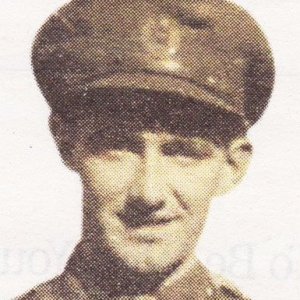
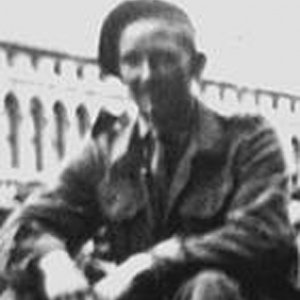
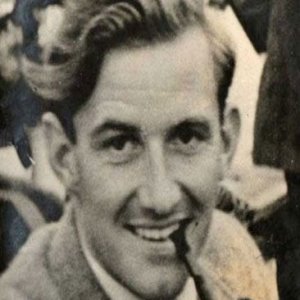
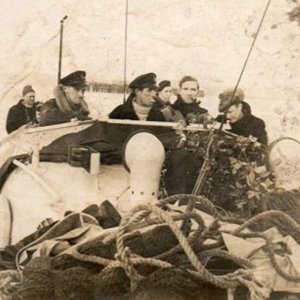
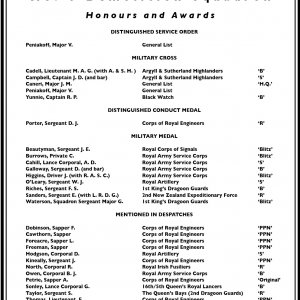
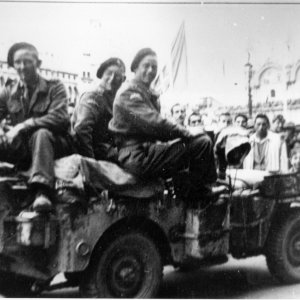
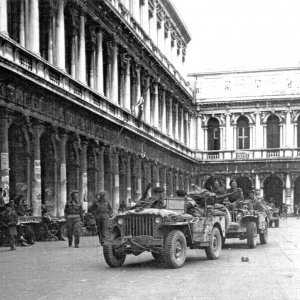
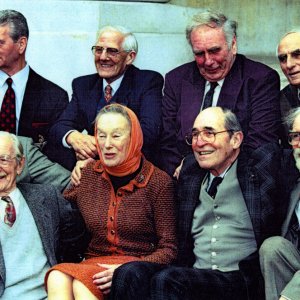
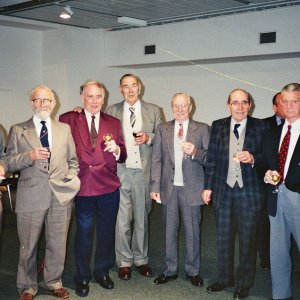
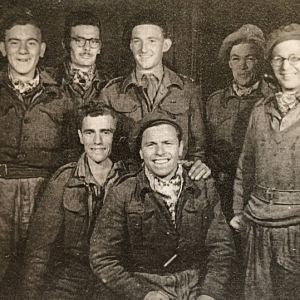
CITATION:
Mention In Despatches
Last edited:


